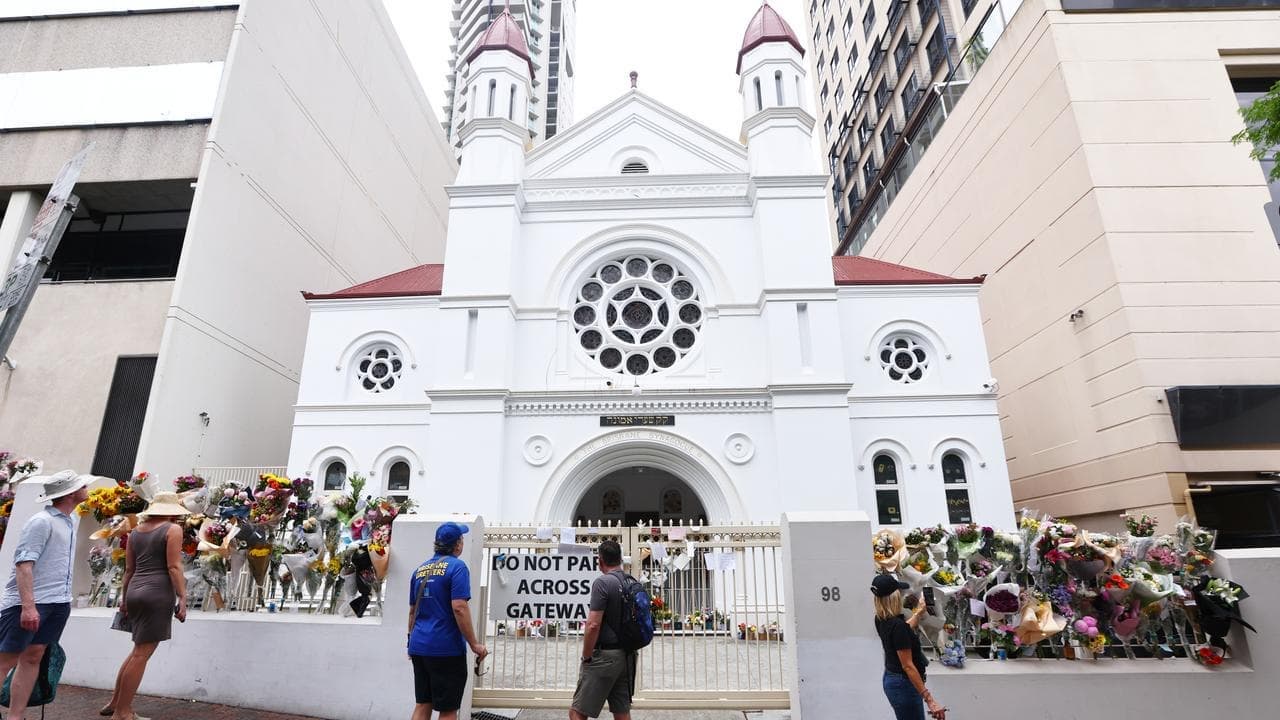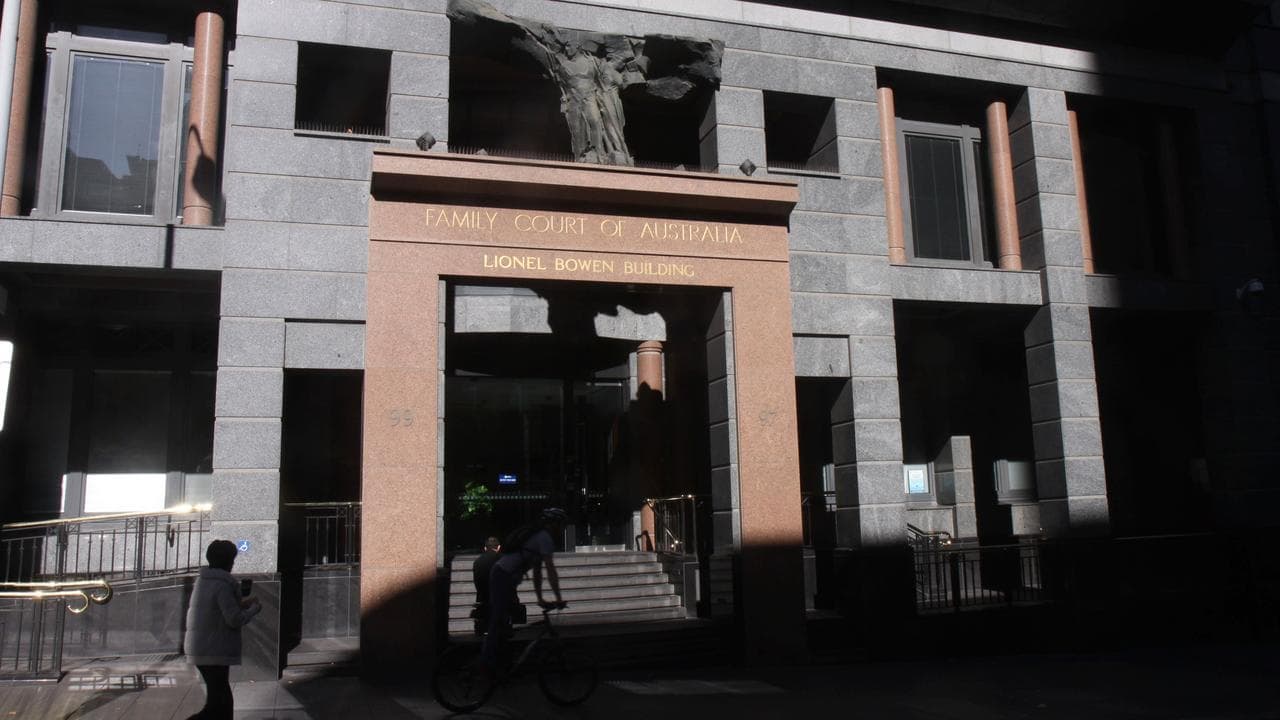WHAT WAS CLAIMED
The New Zealand government plans to lock down schools for 72 hours with children inside.
OUR VERDICT
False. New Zealand’s Ministry of Health says the claims are baseless. Experts say no laws allow school lockdowns in the way it's been claimed.
A rumour going around social media says the New Zealand government plans to lock down schools for 72 hours with children inside.
The claim is false. There is no evidence the government is planning a 72-hour lockdown of schools. Experts told AAP FactCheck that COVID-19 health orders do not give the government powers to hold children at school in the way claimed in the posts.
The claim has been repeated in dozens of similarly worded Facebook posts published in mid-July. The posts (see here, here and here) claim parents will not be allowed to see their children during the alleged lockdown.
"They are coming for the children ... and locking the schools down for 72 hours. Don't send your children to school and warn any friends, family if they do they will have no access to their children," the post's text states.
Some versions claim the government has the power to forcibly vaccinate children during the lockdown.
A spokeswoman for New Zealand's Ministry of Health told AAP FactCheck the claims are baseless.
"This information is incorrect. There have been no recent changes to COVID-19 Health Orders and the government has no new powers to lock schools down or detain children," a spokeswoman said in an email.
"Such misinformation is extremely disappointing. Immunisation is not compulsory in New Zealand. It's important that parents and caregivers make an informed choice for their child."
Hanna Wilberg, an associate professor of public law at the University of Auckland and an expert on the legality of lockdown laws, told AAP FactCheck there's no evidence to suggest the rumours are true.
"I have not been able to find anything that has been recently passed (in the last month or so) that could possibly be the basis of these stories," she said in an email.
Dr Wilberg said the main regulation for COVID-19 restrictions was the COVID-19 Public Health Response (Protection Framework) Order 2021.
"I've searched (the Order) for mentions of schools, and there is nothing relevant in it," she said.
New Zealand's Parliamentary Counsel Office publishes a list of pandemic-related legislation but none of the most recent three items added since June 27 are relevant to the social media rumours, Dr Wilberg says.
Some of the social media posts claim the government can lock down schools using powers in the 'Covid Emergency Health Response Act', which does not exist.

However, the posts may have meant to reference the similarly named COVID-19 Public Health Response Act, which gives the government various powers to impose measures to limit the spread of COVID-19.
University of Otago law academic Louise Delany, author of a book about COVID-19 laws in New Zealand, said the NZ government has broad powers to deal with COVID-19.
Section 11 of the COVID-19 Public Health Response Act, for example, permits the government in limited circumstances to order people to "stay in any specified area, place, or premises".
However, this has been in place since parliament approved the Act in May 2020, Ms Delany says.
"There has been a multiplicity of legislation we had in New Zealand (to deal with COVID-19)," she told AAP FactCheck in a phone interview.
"It does seem from (the claims) that something has precipitated concerns about children and lockdowns (but) I am not aware of anything like (what has been claimed)."
The claim New Zealanders can be detained for up to 72 hours may originate from a rule in the Health Act (part 3A, sections 92ZF and 92ZG) which permits the government to issue urgent public health orders to infected individuals in specified circumstances.
As outlined in the wording of the Act, the orders can only be issued where a person poses a public health risk and a government-appointed medical officer of health "cannot adequately manage the public health risk by giving the individual a direction".
Urgent public health orders may require an individual to be detained at specified premises such as a hospital.
However, Dr Wilberg said the provisions of the Health Act would not allow a group of uninfected children to be detained at school.
"The Act provides elsewhere (section 92L) that schools may be closed but not that they may be placed in lockdown," she said.
Alternatively, section 77 of the Education and Training Act 2020 enables principals to exclude children from school if they are suspected of having a communicable disease, Dr Wilberg says.
Under health and safety laws, schools may also be locked down to protect students and staff in the event of a major incident such as a nearby shooting.
Five schools on Auckland's North Shore went into lockdown on July 7 after reports of a man with a gun. The lockdown reportedly lasted about 40 minutes.
A separate incident led to a school in Taupiri going into lockdown on June 14 after multiple gunshots were fired at a vehicle.
The Verdict
Claims the New Zealand government plans to put schools into a 72-hour lockdown with children inside are baseless. Legal experts told AAP FactCheck they were not aware of any legislation that would allow the government to lock down schools in the way suggested. NZ's Ministry of Health described the social media claims as misinformation.
False - The claim is inaccurate.
AAP FactCheck is an accredited member of the International Fact-Checking Network. To keep up with our latest fact checks, follow us on Facebook, Twitter and Instagram.












